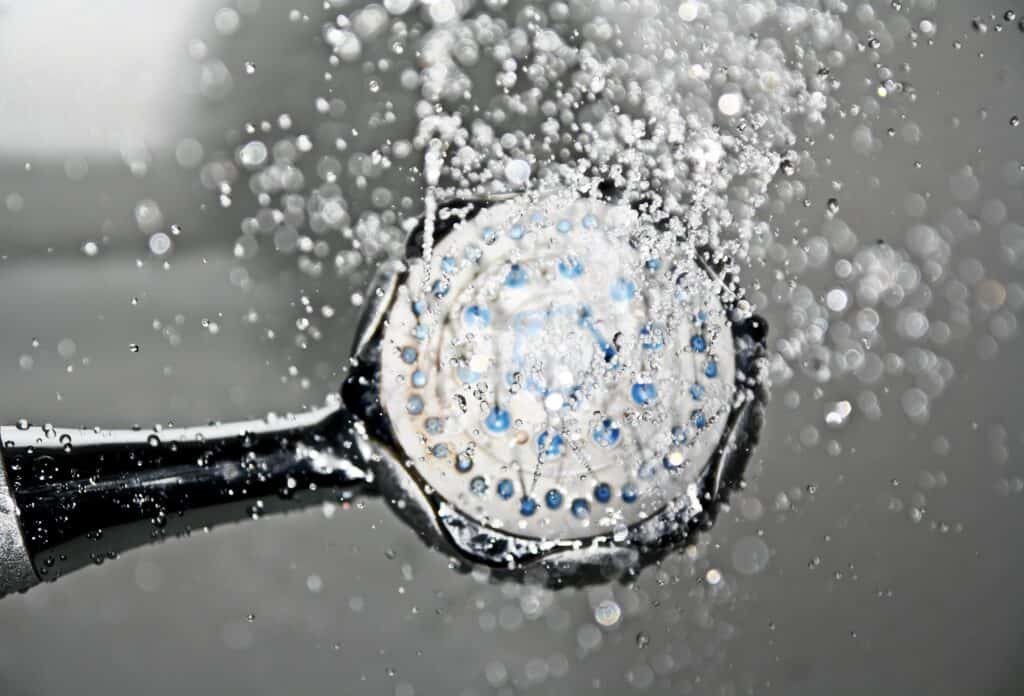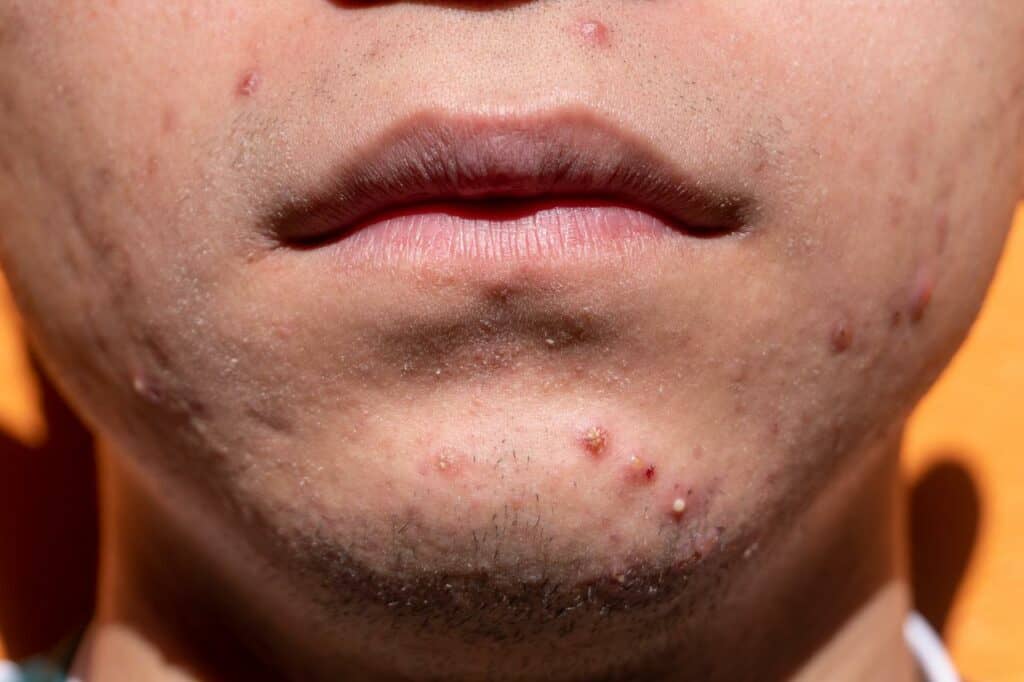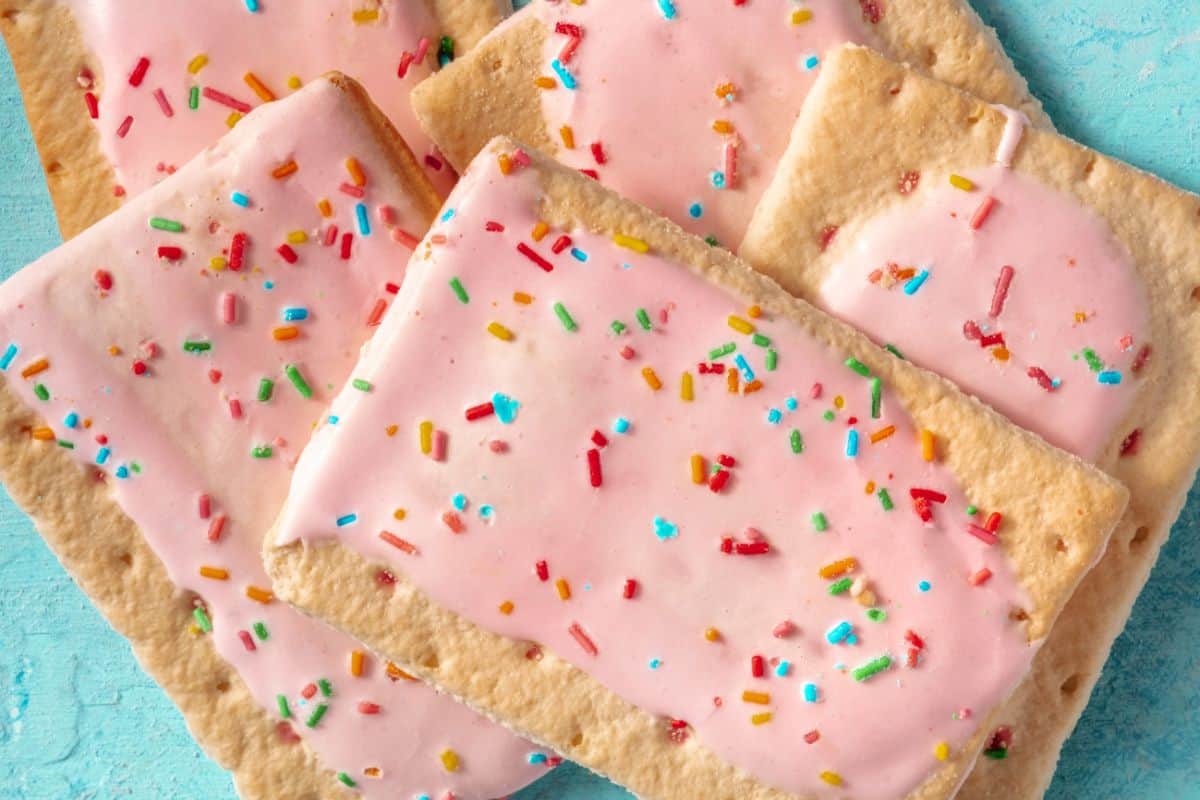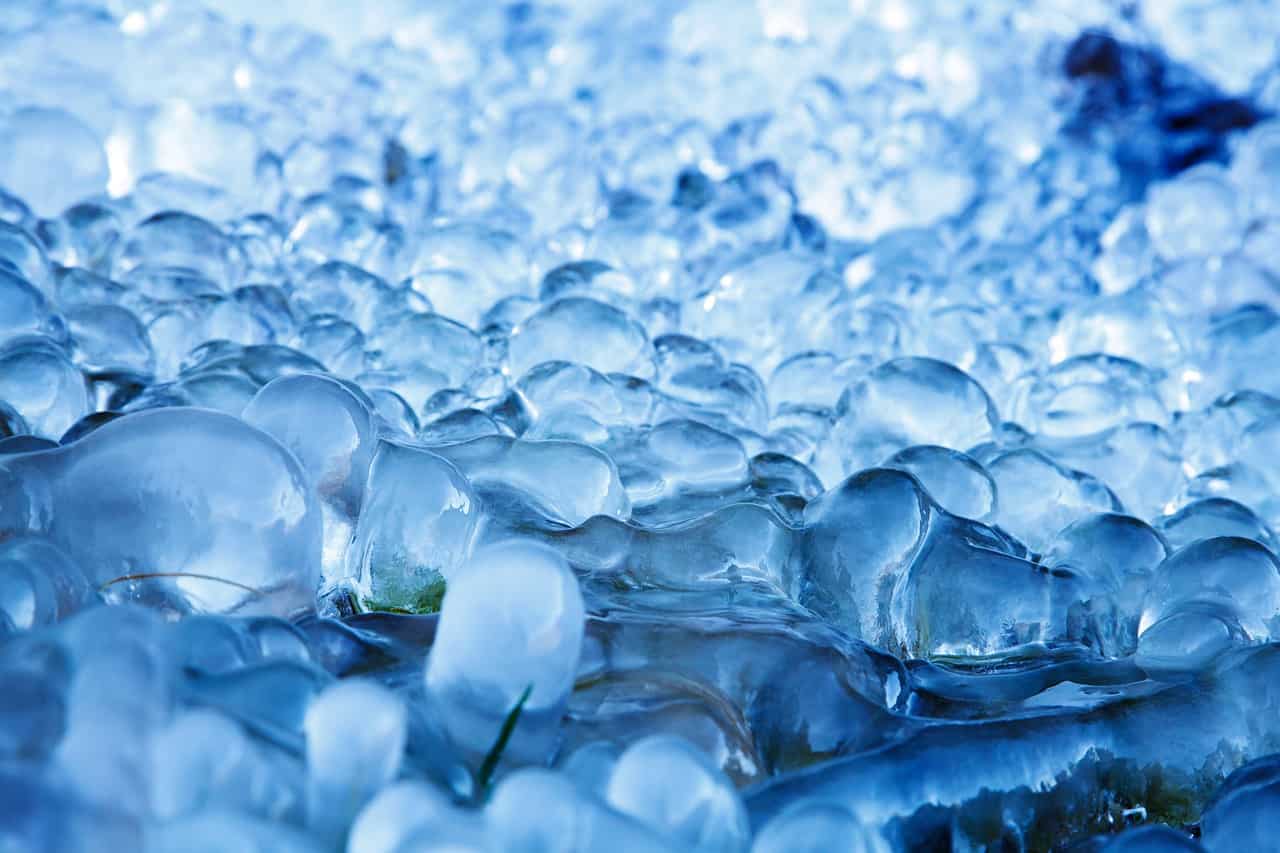Some teenagers or even adults sometimes suffer from recurrent acne, which can be overwhelming. It is why those affected by acne try different remedies to reduce the effects of acne or eliminate them.
Do cold showers help acne?
Cold showers do help with acne because cold water is good for your skin and should be part of your daily routine. It can be uncomfortable to take a cold shower, but it helps reduce acne.
If you have acne breakouts, try showering with cold water for a specified period, and you will notice a positive difference.

Do Cold Showers Reduce Acne?
Bathing is one activity people engage in to cool their bodies and relax. Hot showering opens the skin pores allowing sweat to drain impurities and dead cells. It is a necessary process that helps your skin to stay rejuvenated and clean from germs that cause diseases.
Conversely, having a cold shower has different results when compared to a hot shower. When you take a cold shower, your skin tends to tighten and close pores. In the process, harmful germs are avoided, and the body retains the water.
Acne is a condition that occurs when your skin produces a lot of oil or sebum. Some argue that washing your face with warm water opens up the pores, thus draining the excess oil in your skin.
However, this is a misconception since the process stimulates your skin to produce more sebum, leading to acne formation.
On the other hand, a cold shower tightens the skin pores stopping oils and germs from penetrating the skin. In this regard, the skin adapts and produces only the appropriate amount of sebum. Notably, in case you have an acne breakdown, cold water will reduce the inflammation.
To understand the impact of hot showers on your skin, here is a video with experiment results:
Are Hot Or Cold Showers Better For Acne?
Generally, skin types react differently when exposed to hot or cold water. Most people prefer a warm or hot bath regardless of the time of the day. However, you should take a cold bath if you suffer from acne.
Cold water has been proven to impact skin with acne break out positively. If you are terrified of taking a cold shower, try to wash your face with cold water.
It is essential to be familiar with the skin to understand why hot water is unfavorable for those with acne. The outer-most part of the skin, known as the epidermis, is composed of keratin, which protects the skin from outer elements. It also produces a film of oil which keeps your skin moisturized.
When you take a hot shower, your skin dries up since the thin oil film is ripped off. Your skin is triggered and produces more sebum, resulting in pimples or acne. It is common for people with acne to feel itchy after a hot shower.
In contrast, cold water does not destroy the oil film on the outer skin; it protects it by tightening the pores. Blood circulation is improved, which allows the skin to absorb nutrients.
Sure, cold baths are unpleasant and even intolerable to some people, but a cold shower helps reduce acne and is also suitable for your immunity.
Do Cold Showers Help Acne Scars?

Acne can be disturbing, especially if it constantly drives you to scratch it, which can be unpleasant. It is crucial to ensure that once the acne is healed, there are no vast scars on your face.
There are chemical remedies available for scar removal, but cold water can significantly reduce the spots.
You do not want to have black spots on your entire face. Thus, washing your face with cold water is valuable in reducing acne break out and healing the scars.
Some fitness experts encourage wrapping your face with an ice-cold cloth to encourage scar fading. The procedure also reduces the itchiness and redness associated with acne.
Indeed, cold water does not open up the pores, and thus the amount of oil on the skin remains balanced. Also, tightened pores prevent oil, germs, and other foreign products from entering the skin.
If the germs do not contaminate the acne wound, it heals quickly and the scars left are hardly visible.
Bathing regularly using cold water trains your skin to adapt to a harsh environment by closing the pores. In addition to reducing acne scars, cold baths replenish your complexion, which enhances a positive mood.
Thus, cold showers are beneficial in maintaining good mental health that is free from stress caused by acne.
Is Cold Water Good For Oily Skin?
If you have excessively oily skin, it will be okay to use warm water. However, this is the flip side since you do not want your body to continue overproducing sebum. Therefore, you may need to have a splash of cold water just before getting out of the bathroom.
Hot water breaks down the oils on the skin more effectively than cold water. Also, hot water will enable your skin pores to open and allow excess water and oil to excrete from the skin. However, since you also need a remedy for your oily skin, a splash of cold water will help tighten your skin pores, thus reducing the amount of oil reaching the skin surface.
Once you notice your skin is less oily, try bathing regularly with cold water. In the long run, your skin will be less oily and maintainable using the available skin care products.
In Conclusion
Acne can be very uncomfortable and irritating, especially in teenagers. Available products in the market can be employed to reduce acne and acne scars. However, cold water has proven a suitable way of preventing and reducing acne.
The presence of acne can lower your self-esteem, especially in this digital age. Do not let that happen. Try a cold bath for a specific period and observe the difference.
However, you should not ignore your dermatologist’s advice if the case is worse. Always remember that skin types are different, and some need medical attention.




